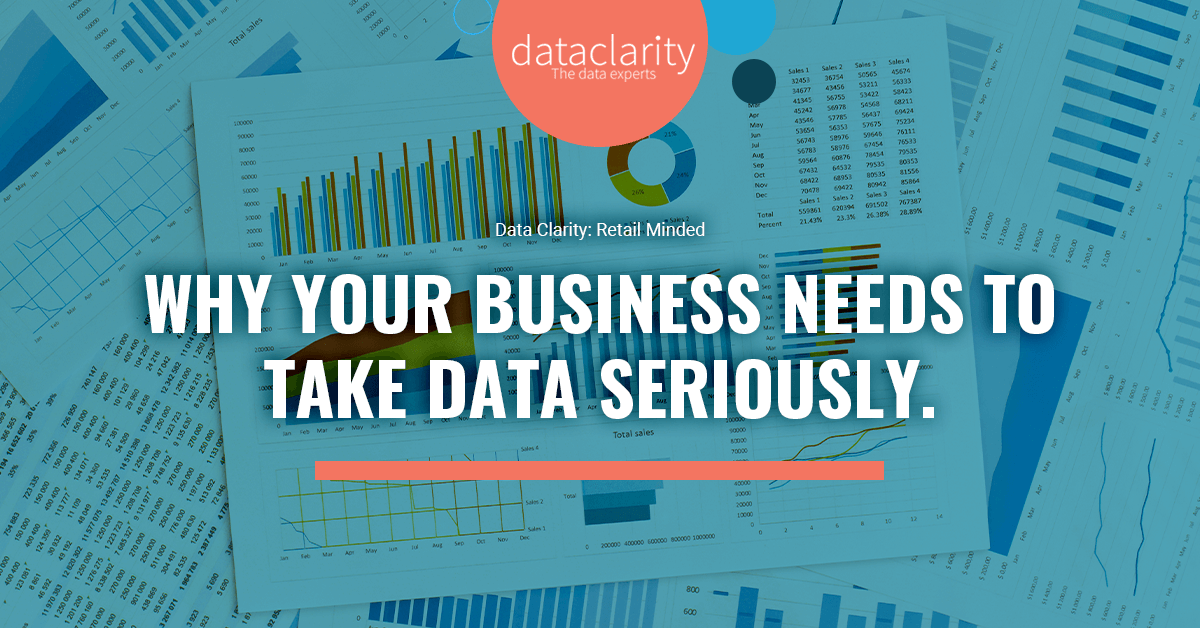Why Your Business Needs To Take Data Seriously.
18th June 2024
Robust data governance frameworks are essential for operational success.
A comprehensive data governance strategy begins with establishing clear policies which define data ownership, data management processes, and the roles and responsibilities of data stewards and other stakeholders. It is crucial to align these policies with the organisation’s objectives and regulatory requirements.
Organisations must implement processes to ensure data accuracy, completeness, consistency, and reliability. Regular monitoring and auditing of data quality are necessary to identify and rectify any issues promptly.
Data stewardship is also essential for successful data governance. Appointing data stewards, who are responsible for overseeing data management and ensuring adherence to data governance policies, can facilitate communication and collaboration between different departments to maintain data integrity.
Developing a comprehensive data catalogue and managing metadata effectively are critical for a successful data governance strategy. A data catalogue should provide a clear inventory of data assets, including metadata that describes data sources, definitions, and relationships. Effective metadata management helps users understand and utilise data efficiently.
Organisations must protect data from breaches and unauthorised access while ensuring compliance with data privacy regulations. Adopting best practices for data anonymisation and encryption is vital.
Managing data throughout its lifecycle is an important aspect of data governance. Organisations need to establish processes for data creation, storage, archiving, and disposal, ensuring that data is retained only as long as necessary and disposed of securely when no longer needed.
Data governance is influenced by regulatory requirements, which mandate how organisations must handle and protect their data. The most significant of which is the General Data Protection Regulation (GDPR), which imposes strict requirements on data processing, consent, and the rights of individuals regarding their data. Non-compliance can result in hefty fines, making it crucial for organisations to implement robust data governance frameworks.
Practical Advice on Ensuring Data Privacy and Security
Conducting regular data audits is essential for identifying vulnerabilities and ensuring compliance with data governance policies and regulations. Automated tools can streamline the audit process and provide real-time insights into data health.
Implementing access controls is another practical measure. Role-based access controls should be used to restrict access to sensitive data based on user roles and responsibilities, ensuring that only authorised personnel can access, modify, or delete sensitive data.
Encrypting data, both at rest and in transit, is crucial for protecting it from unauthorised access and breaches. Organisations should use advanced encryption standards and regularly update encryption keys to maintain data security.
Developing a comprehensive data breach response plan is necessary for responding to data breaches promptly and effectively. This plan should include procedures for identifying, containing, and mitigating breaches, as well as notifying affected individuals and regulatory authorities.
Regular training sessions for employees on data security are also essential. These sessions should educate employees on data governance policies, data privacy regulations, and best practices for data security. Encouraging a culture of data security awareness across the organisation can further enhance data protection.
How To Get Started
No matter how well data governance practices are explained, it can be really confusing and unclear on how to actually start implementing this advice. That’s where Data Clarity comes in.
We’re the data experts who understand data and how to integrate, manage, govern, and interpret it so that you don’t have to. With ISO27001 certification, you can be sure that we’ll take the pain out of getting started and guide you through the whole process, sharing our knowledge so that you can continue to operate as a data-driven business moving forward.
It’s a lot easier than it seems, let us show you; get in touch with our expert team today to start building a robust data governance framework.
